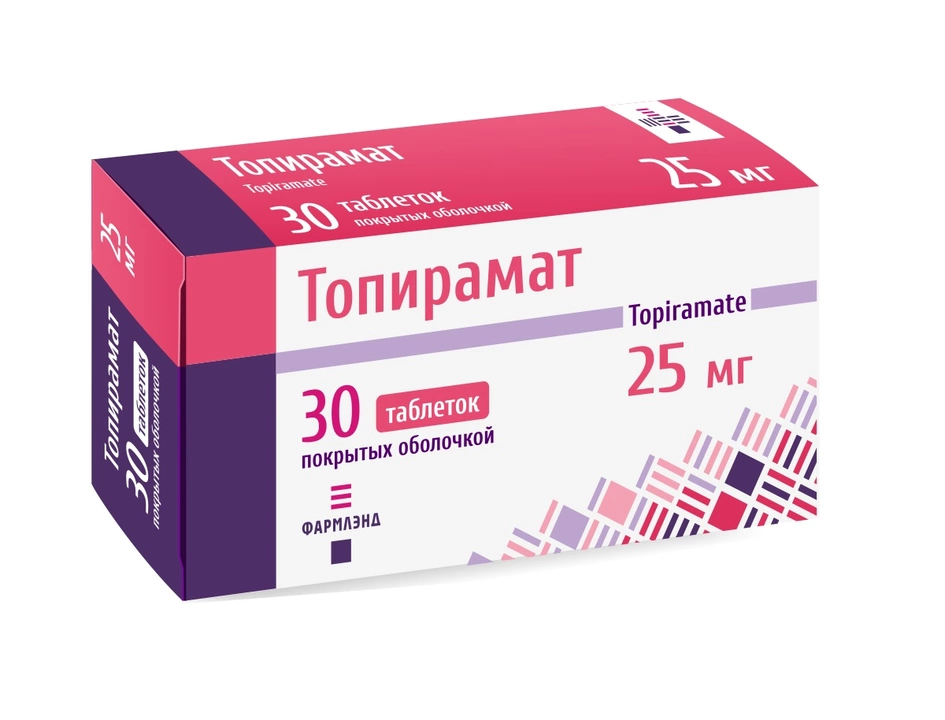Understanding Topiramate: What is it and How Does it Work?
Topiramate is a medication that has been widely used for various medical conditions. It is primarily known as an anticonvulsant drug, which means it helps prevent or reduce the frequency of seizures in people with epilepsy. However, its uses extend beyond epilepsy treatment, and it has proven beneficial for other conditions as well. In this section, we will explore the basics of topiramate, including its origins, how it works, and its various applications in the medical field.
Topiramate was first developed in the early 1990s and has since become a commonly prescribed medication worldwide. It belongs to a class of medications called antiepileptic drugs (AEDs) and works by affecting certain chemicals and nerves in the brain that contribute to seizure activity. The exact mechanism of action for topiramate is not entirely understood, but it is believed to involve the enhancement of a neurotransmitter called gamma-aminobutyric acid (GABA) and the inhibition of certain ion channels in the brain.
Topiramate for Epilepsy Management: Controlling Seizures and Improving Quality of Life
As mentioned earlier, topiramate is primarily used as an anticonvulsant medication for the treatment of epilepsy. Epilepsy is a neurological disorder characterized by recurrent seizures, which can significantly impact a person's quality of life. Topiramate has proven effective in managing various types of seizures, including partial-onset seizures, primary generalized tonic-clonic seizures, and seizures associated with Lennox-Gastaut syndrome (a severe form of epilepsy).
The use of topiramate for epilepsy management can significantly reduce the frequency and severity of seizures in many patients. With better seizure control, individuals with epilepsy can experience improved overall quality of life, increased independence, and reduced risk of injury associated with seizures. Topiramate is often used in combination with other antiepileptic drugs to maximize its effectiveness, but it can also be used as a standalone treatment in some cases.
Topiramate and Migraine Prevention: Reducing the Frequency and Intensity of Headaches
Another common use for topiramate is in the prevention of migraines. Migraines are a type of headache characterized by severe pain, nausea, and sensitivity to light and sound. They can be extremely debilitating, often interfering with daily activities and causing significant distress to those who suffer from them. Topiramate has been shown to be effective in reducing the frequency and intensity of migraine attacks, helping individuals lead more productive and pain-free lives.
The exact way in which topiramate prevents migraines is not entirely understood, but it is believed to involve its actions on neurotransmitters and ion channels in the brain. By altering the activity of these chemicals and channels, topiramate may help to stabilize the brain's electrical activity and prevent the onset of a migraine attack. It is important to note that topiramate is not a painkiller and should not be used to treat an active migraine. Instead, it is taken on a daily basis to help prevent future attacks.
Topiramate for Weight Loss: A Potential Aid in Managing Obesity
Interestingly, topiramate has also been studied for its potential role in weight management. Some research has shown that topiramate can help promote weight loss in individuals who are overweight or obese. Although the exact mechanism behind this effect is not fully understood, it is thought to be related to topiramate's impact on appetite regulation and energy expenditure in the body.
It is important to note that topiramate is not approved as a standalone weight loss medication. However, it has been combined with another medication called phentermine to create a weight loss drug called Qsymia. This combination has been shown to be effective in promoting weight loss when used alongside a reduced-calorie diet and increased physical activity. As with any weight loss treatment, the use of topiramate for weight management should be carefully monitored by a healthcare professional to ensure its safety and effectiveness.
Topiramate's Potential Role in Treating Other Conditions
In addition to the uses mentioned above, topiramate has been studied for its potential benefits in treating a variety of other conditions. Some of these include bipolar disorder, post-traumatic stress disorder (PTSD), alcohol dependence, and neuropathic pain. While the evidence supporting topiramate's effectiveness in these areas is not as robust as for epilepsy and migraine prevention, it does show promise as a potential treatment option for certain individuals.
Overall, topiramate is a versatile medication with a wide range of applications in the medical field. Its primary use as an anticonvulsant for epilepsy management has helped many individuals achieve better seizure control and improved quality of life. Additionally, its benefits in migraine prevention and weight management have made it an important treatment option for many patients. As research into topiramate's potential uses continues, we may discover even more ways in which this medication can help improve the lives of those who need it most.

